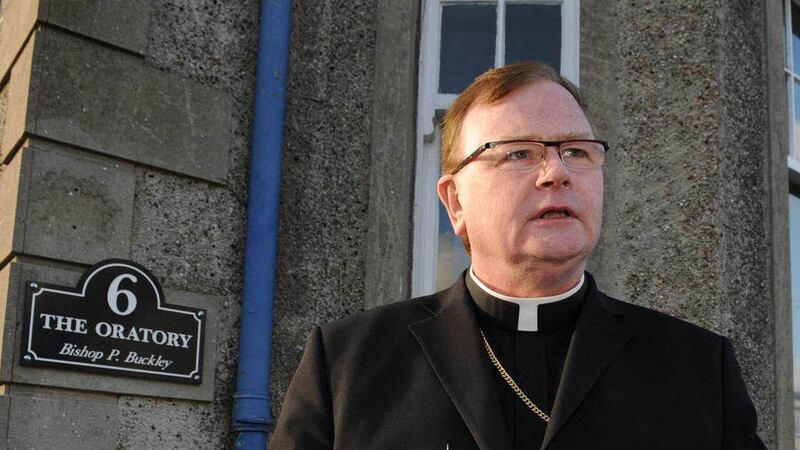The chief executive of the Co-operation Ireland peace building charity has said the expression "paramilitary" should be scrapped.
Peter Sheridan said use of the term runs the risk of legitimising so-called paramilitaries' influence on communities when they were simply organised criminals with no connection to the conflict.
Police have said thousands of small businesses are being extorted by gangs in Northern Ireland.
Mr Sheridan said: "It is about turf wars, it is about internal feuding, it is about ordinary criminality - it is nothing to do with the conflict that they are involved in. Yet we continue to separate out these two things as if they are somehow different.
"We have to get to a stage that paramilitary beatings are assaults like any other assault that happens out in society.
"I don't know what they are doing that is helping or assisting their communities - most of it is about lining their own pockets."
Mr Sheridan, a former senior police officer, works with communities emerging from conflict and helps instil a culture of lawfulness.
He pointed out that although it was 20 years since the ceasefire, these organisations are still on the ground, with their activities apparent through so-called punishment attacks, drug dealing, racketeering and extortion.
He added: "We need to re-brand Northern Ireland, We are the only community that I know of that talks about paramilitary organised crime as if they are somehow separate.
"Post-1998 and the Good Friday Agreement, thereafter people are, in my view, in organised crime gangs."
He said a paramilitary murder was a murder the same as in other parts of the UK, and a paramilitary assault is the same as any assault anywhere.
"Somehow when we treat them differently we run the risk of legitimising it in some people's eyes."
An Organised Crime Task Force report published on Tuesday has highlighted the problem of extortion.
Under-threat traders, often in working-class loyalist or republican areas, are the least able to pay illegal taxes imposed by paramilitary thugs, PSNI Detective Superintendent Bobby Singleton said.
Many do not report the intimidation, which is supporting lavish crime lord lifestyles.
Mr Singleton added: "Those operating in working-class communities across the country (are) struggling to make ends meet and having to pay this totally illegal taxation to paramilitary thugs."
Extortion is under-reported but, based on intelligence, Mr Singleton said it was an extensive problem across the north.
Organised criminals are targeting legitimate businesses in working-class areas as well as drug dealers seeking the "right" to operate in the areas they control, he added.
Mr Singleton said: "It is a key point of how paramilitaries generate their funds and support their lifestyles."
He said the extortion was worth thousands of pounds if not millions.
Around 100 organised crime gangs are operating in Northern Ireland - a quarter with links to paramilitaries - and most deal in the lucrative and low-risk drugs trade, Mr Singleton added.








